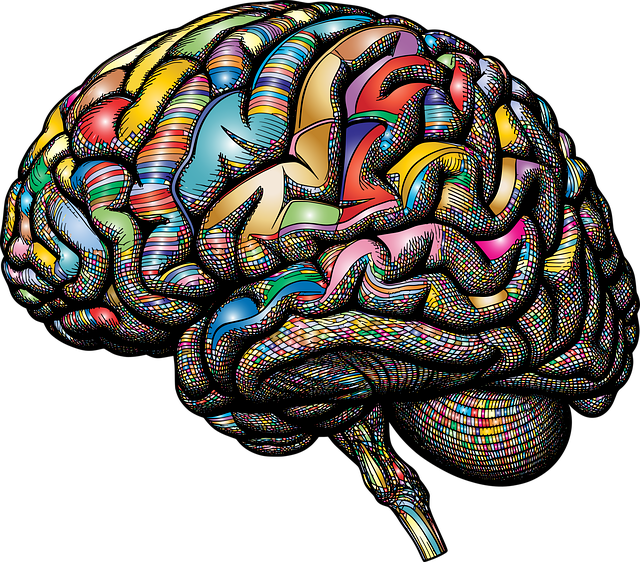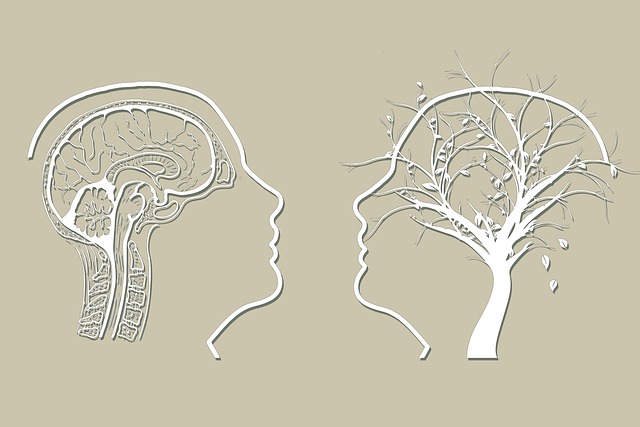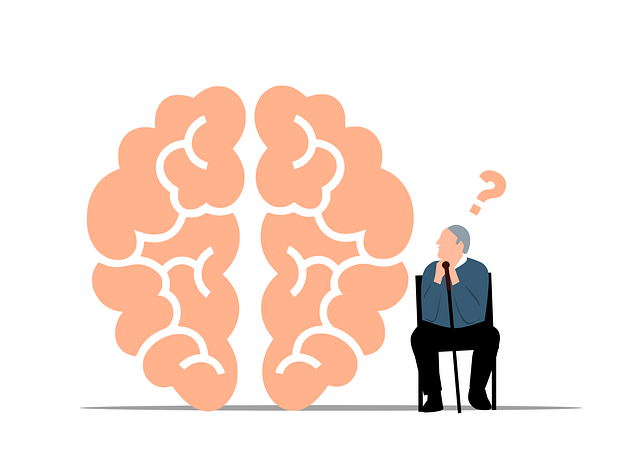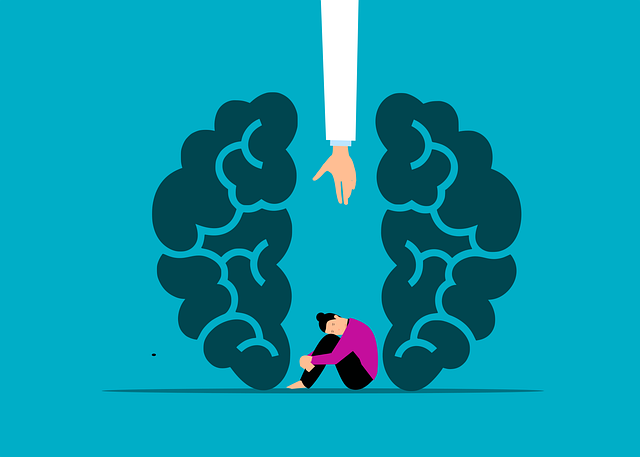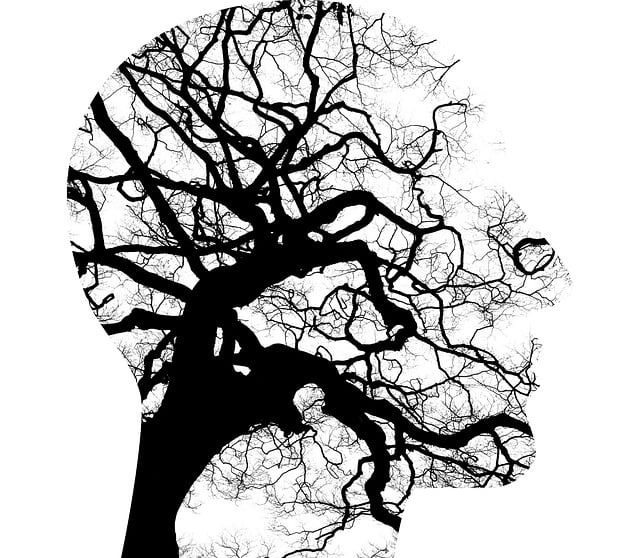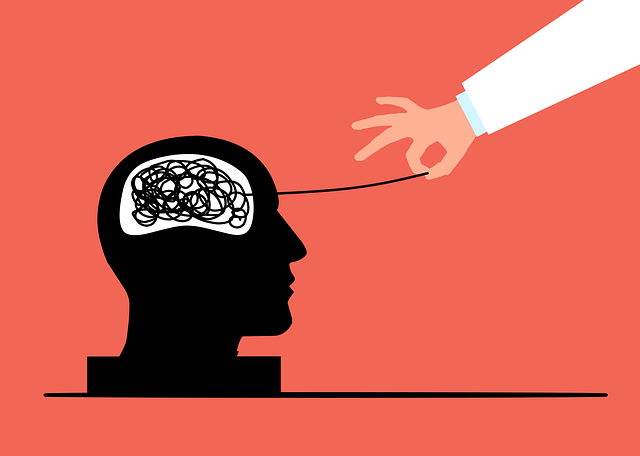In today's healthcare setting, cultural competency is essential for delivering high-quality care, especially in addressing conditions like Centennial Conduct Disorder Therapy. Training programs should emphasize self-awareness, empathy, and understanding diverse cultural practices. Techniques for mental wellness coaching can enhance patient satisfaction. Biases among providers, shaped by personal experiences and societal influences, can lead to miscommunication and inappropriate treatment. CCDT offers a culturally sensitive approach, focusing on inner strength and tailored stress reduction methods. Effective training is immersive, interactive, and tailored to diverse needs, with assessment strategies measuring changes in attitudes, behaviors, and organizational culture.
“In today’s diverse healthcare landscape, cultural competency among providers is more crucial than ever. This comprehensive guide explores the vital concept of cultural competency in healthcare, delving into its impact on patient care and outcomes. We examine case studies like Centennial Conduct Disorder Therapy to illustrate how cultural sensitivity improves treatment effectiveness. The article also offers insights into designing training programs, measuring success, and navigating challenges to ensure every healthcare provider is equipped to offer compassionate, culturally competent care.”
- Understanding Cultural Competency in Healthcare: A Necessary Approach
- The Impact of Cultural Biases on Patient Care and Outcomes
- Centennial Conduct Disorder Therapy: A Cultural Sensitivity Perspective
- Designing Effective Training Programs for Healthcare Providers
- Measuring and Evaluating the Success of Cultural Competency Initiatives
Understanding Cultural Competency in Healthcare: A Necessary Approach

In today’s diverse healthcare landscape, cultural competency is no longer a nice-to-have but an essential aspect of quality patient care. It involves understanding and appreciating the cultural differences and uniqueness of each patient, which significantly impacts their emotional regulation and mental wellness. By recognizing and respecting these differences, healthcare providers can foster better communication, build stronger therapeutic alliances, and ultimately improve treatment outcomes. This is especially crucial in addressing issues like Centennial Conduct Disorder Therapy, where cultural sensitivity plays a pivotal role in effective intervention and recovery support.
Healthcare provider training programs must incorporate comprehensive cultural competency modules that focus on developing inner strength through self-awareness and empathy. These programs should emphasize the importance of learning about various cultural practices, beliefs, and values to navigate the complex web of individual experiences. Moreover, they should promote mental wellness coaching techniques that enable providers to guide patients in cultivating emotional resilience, a key component in managing mental health challenges effectively. Such training not only enhances patient satisfaction but also prepares healthcare professionals to better serve diverse communities, ensuring equitable access to quality care for all.
The Impact of Cultural Biases on Patient Care and Outcomes

Cultural biases among healthcare providers can significantly impact patient care and outcomes. These biases, often unconsciously shaped by personal experiences and societal influences, influence how doctors, nurses, and other medical professionals perceive and interact with patients from diverse cultural backgrounds. For instance, a provider’s assumptions about a patient’s behavior or treatment preferences due to their ethnicity or religion can lead to miscommunication, inappropriate care recommendations, or even diagnostic errors. This is particularly concerning in a country like the United States, known for its multicultural landscape, where healthcare providers regularly encounter patients from various ethnic, cultural, and religious groups.
The consequences of such biases are far-reaching. Patients may feel disrespected or misunderstood, leading to decreased trust in their caregivers. This can result in non-adherence to treatment plans, delayed presentations for care, and poorer health outcomes. For example, research has shown that racial and ethnic minorities often receive less aggressive treatment for conditions like cardiovascular disease or chronic pain, which can contribute to health disparities. Addressing these biases through comprehensive training programs, such as those offered by Centennial Conduct Disorder Therapy, that emphasize self-awareness exercises and the development of a robust self-care routine for better mental health, is crucial. Crisis intervention guidance tailored to cultural sensitivity can also help healthcare providers navigate challenging situations more effectively.
Centennial Conduct Disorder Therapy: A Cultural Sensitivity Perspective

Centennial Conduct Disorder Therapy (CCDT) takes a nuanced approach to addressing behavioral challenges by integrating cultural sensitivity. In today’s diverse healthcare landscape, understanding and respecting different cultural backgrounds is essential for effective treatment. CCDT recognizes that every individual carries their unique set of experiences, beliefs, and values, which can significantly influence their mental health and therapeutic outcomes.
From this perspective, the therapy focuses on fostering inner strength development and confidence boosting while incorporating stress reduction methods tailored to each patient’s cultural context. By doing so, it aims to create a safe, inclusive environment where individuals feel heard and understood, ultimately enhancing therapeutic engagement and outcomes.
Designing Effective Training Programs for Healthcare Providers

Effective healthcare provider cultural competency training programs are designed to be immersive, interactive, and tailored to the diverse needs of both providers and patients. They should encompass a range of learning objectives, from understanding cultural differences in communication styles and health beliefs to developing strategies for providing inclusive and respectful care. These programs often incorporate role-playing scenarios, case studies, and workshops that encourage participants to reflect on their own biases and learn empathetic responses. For instance, training sessions could focus on addressing specific challenges faced by communities with Centennial Conduct Disorder Therapy needs, ensuring providers are equipped to offer tailored Anxiety Relief solutions while promoting Mental Wellness.
Moreover, successful training should go beyond individual provider development. It can foster a broader Mental Health Policy Analysis and Advocacy culture within healthcare institutions, encouraging systemic changes that support cultural competency. By integrating these topics into ongoing education and practice, healthcare providers can better serve diverse patient populations, contributing to more equitable access to quality care.
Measuring and Evaluating the Success of Cultural Competency Initiatives

Evaluating the success of cultural competency training is a multifaceted process that goes beyond mere knowledge retention. It involves assessing changes in attitudes, behaviors, and organizational culture. Effective measurement strategies include pre- and post-training surveys to gauge participants’ understanding of cultural competencies and their perceived confidence in applying these skills. Qualitative feedback through focus groups or interviews can provide deeper insights into the impact of training on clinical practice and patient interactions.
In the context of Centennial Conduct Disorder Therapy, for instance, evaluating cultural competency could involve assessing how well therapists apply stress reduction methods (a key component of many therapeutic approaches) with diverse populations. Risk assessment for mental health professionals is another critical aspect—ensuring that providers are equipped to navigate cultural nuances in identifying and addressing potential risks among patients from different backgrounds. Positive thinking and a culturally sensitive approach can foster better patient engagement, leading to improved outcomes.
Cultural competency training is an indispensable tool in modern healthcare, addressing biases that can impact patient care. As highlighted by the example of Centennial Conduct Disorder Therapy, a culturally sensitive approach leads to better outcomes. By designing and measuring effective training programs, healthcare providers can enhance their interactions with diverse patients, ensuring equitable and quality care for all. This comprehensive approach not only improves individual lives but also fosters a more inclusive healthcare system.








